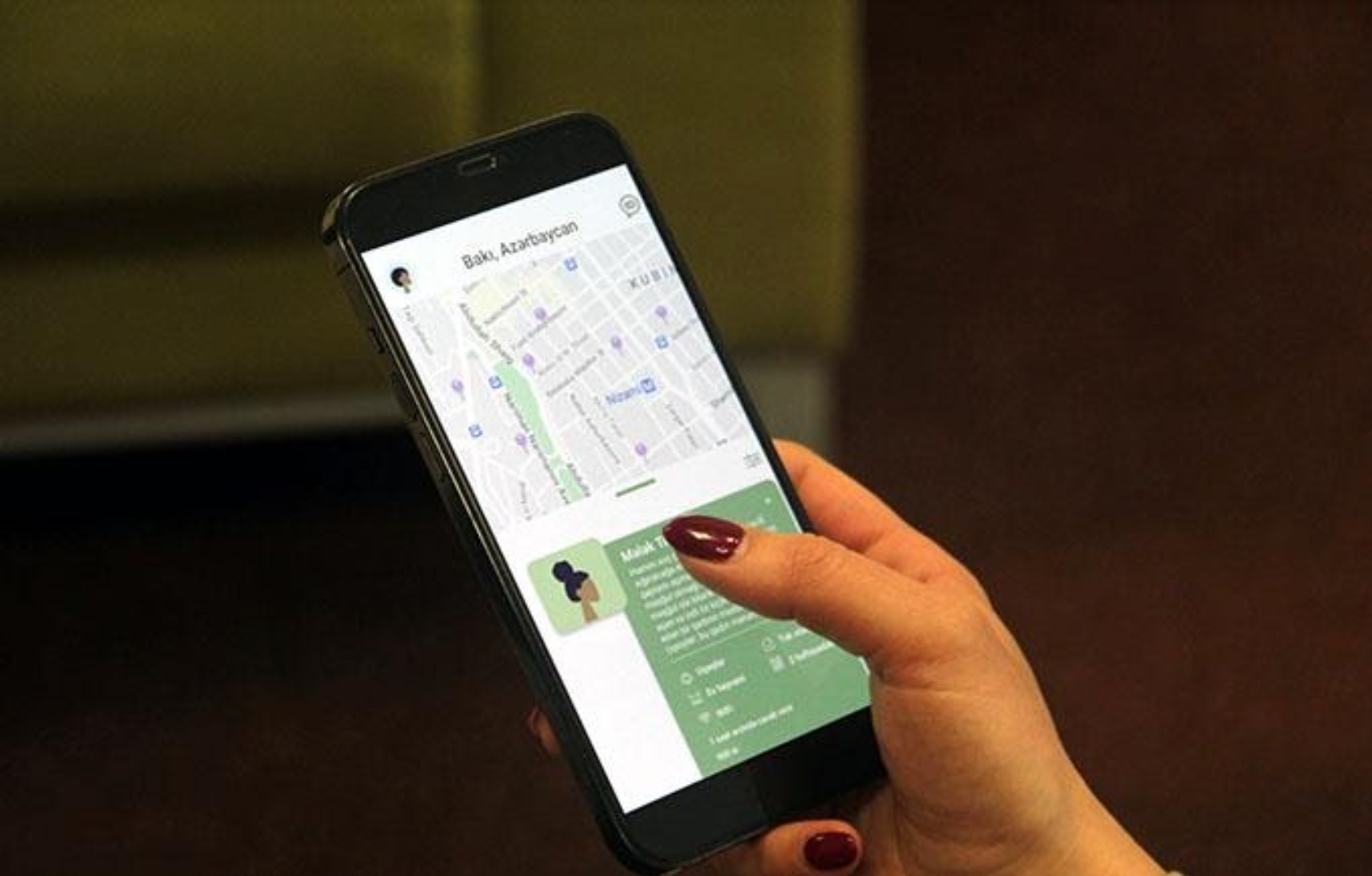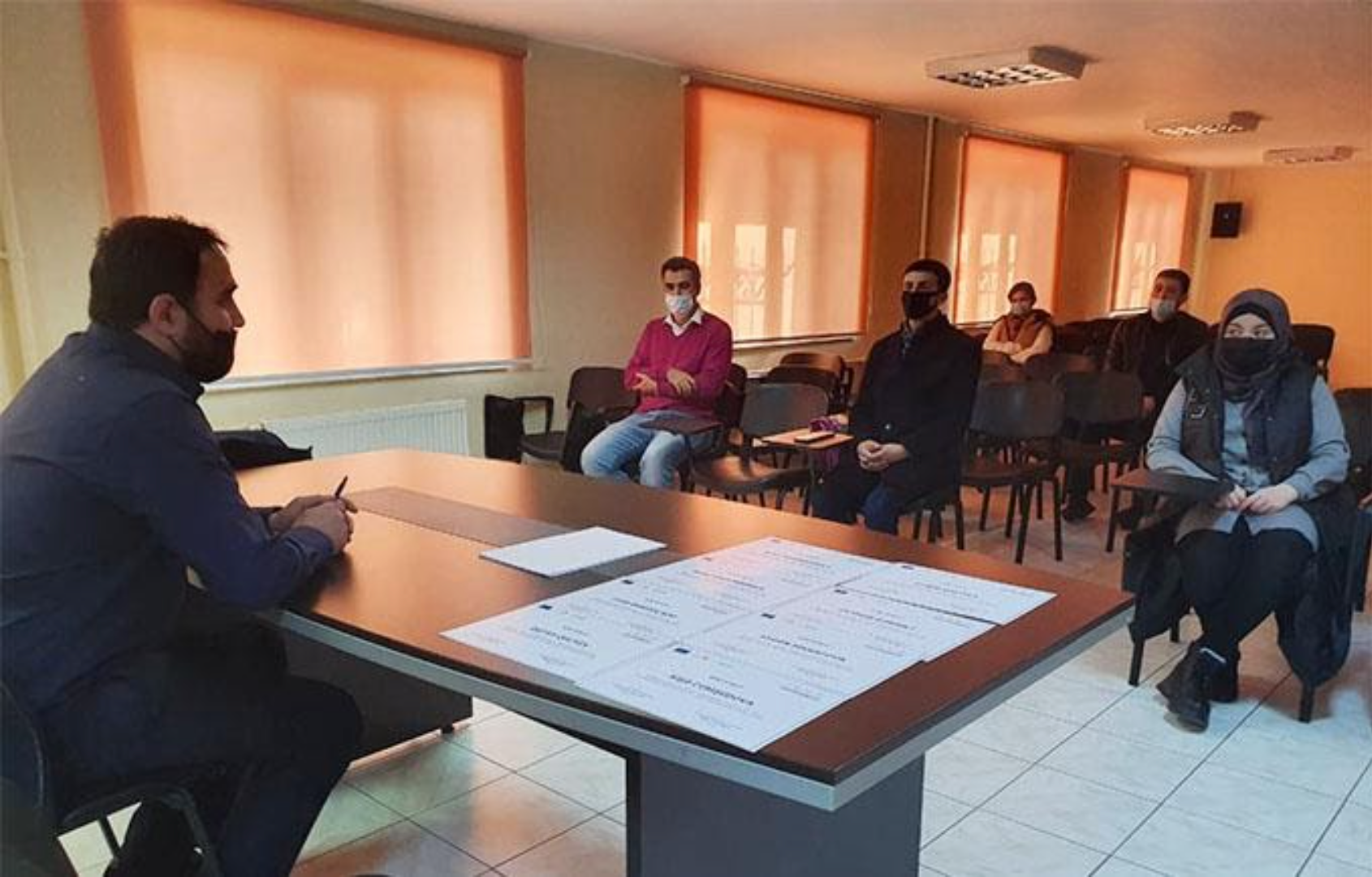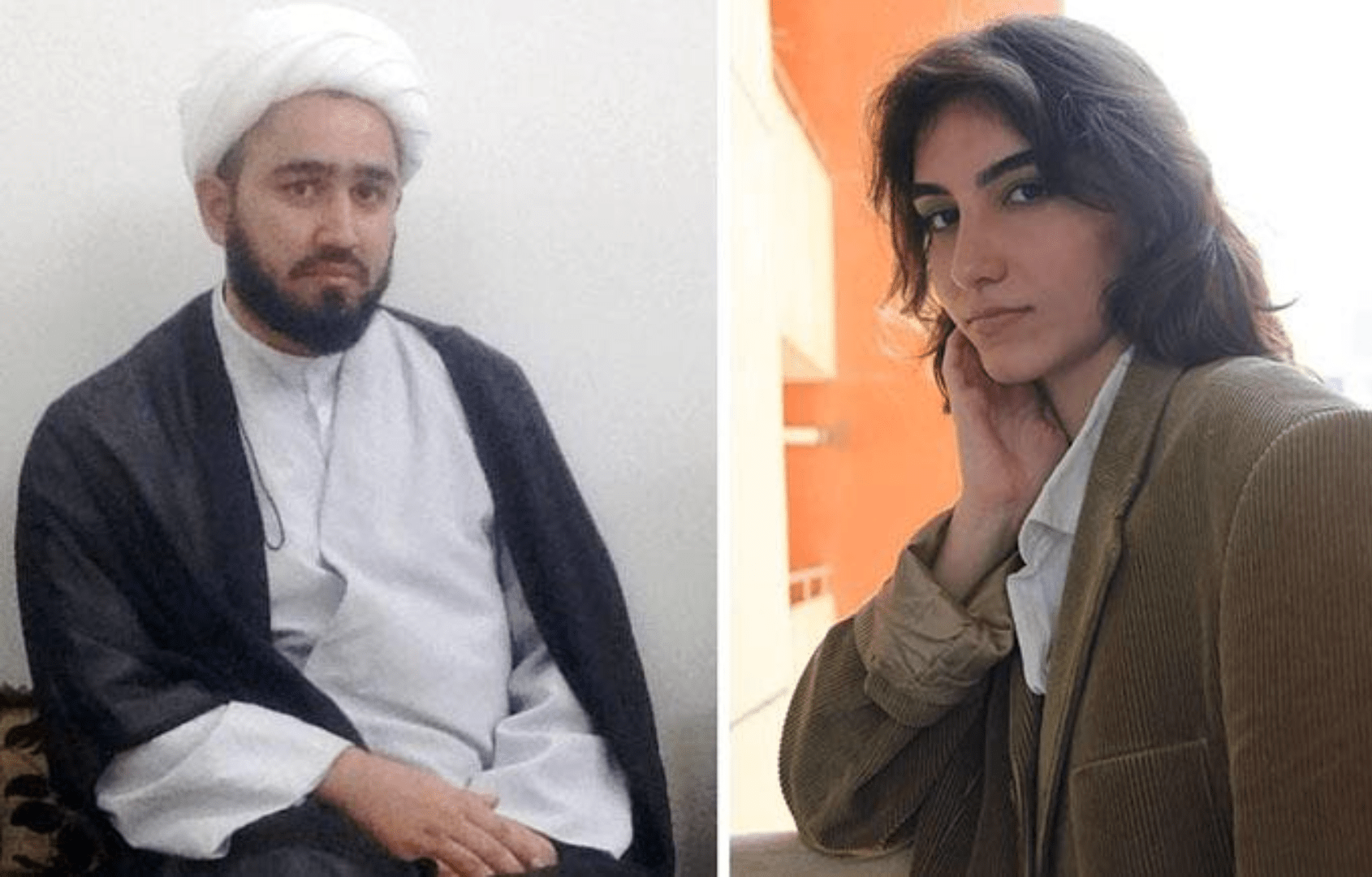BAKU, Azerbaijan – At some point in her lifetime, one in every three women in Azerbaijan is subjected to domestic violence. Yet there are only two shelters for survivors of such abuse in the entire country of 10 million people.
“The lack of shelters for women, not only in Azerbaijan but around the world, is unbelievable and disappointing,” says Aylin Akbarli, an engineering student at the French-Azerbaijani University (UFAZ) in Baku. “These shelters are the main place to where victims of domestic violence can turn; without them, thousands of women are put in a desperate situation every year.”
At the age of 21, Akbarli has already helped come up with an innovative solution to this problem: a mobile app that connects women survivors of violence with temporary shelter and other crucial resources.
Akbarli and a team of other UFAZ students began developing the app, which they dubbed “Lea,” as participants in the first gender-equality hackathon organized in Azerbaijan, a project carried out by UNFPA and UN Women with EU support.
The core function of “Lea” is modelled on the Couchsurfing platform and enables women who have experienced violence to find a safe haven by connecting them with other women who are willing to temporarily host them in their apartments and houses. During the hackathon, the UFAZ team created a prototype of the app in just 48 hours, winning the grand prize in the event. The prize comes with support funds and mentorship that will allow them to further develop and refine the app.

The prototype “Lea” app, developed during a UNFPA-supported gender-equality hackathon, helps connect women survivors of violence with temporary shelter.
“The low number of shelters in our country and the lack of free space in those shelters shows us that this is an urgent problem,” Akbarli says. “It is hard to understand all of this and not to act accordingly.”
The gender-equality hackathon is part of a broader initiative against gender-based violence that is also tackling its root causes, including gender inequality. As a result of COVID-19 restrictions and a related decrease in household incomes, cases of domestic violence and abuse have increased by an estimated 10 per cent in Azerbaijan.
The initiatives are being carried out within the framework of the “EU 4 Gender Equality: Together Against Gender Stereotypes and Gender-Based Violence” programme, funded by the European Union and implemented jointly by UNFPA and UN Women.
“Addressing inequitable gender norms is undoubtedly a long and complex journey,” says Bahija Aliyeva, gender programme analyst for UNFPA Azerbaijan. “But we have been able to accelerate change through the EU 4 Gender Equality programme by working with diverse groups of stakeholders and addressing the root causes of gender inequality.”
Reaching out to young men and religious leaders
An important part of this work has been outreach to young men that focuses on embracing positive masculinities. One leader in those efforts is Tabriz Gasimov, a Muslim cleric who has begun engaging other men in discussions about overcoming gender stereotypes and sharing household chores and childcare responsibilities with their partners.
“Communicating with youth, exchanging ideas about gender equality with them and bringing clarity to misperceived issues are really important for building a healthy environment in our society,” says Gasimov. A graduate of the Azerbaijan Institute of Theology and a respected figure in his community, Gasimov became interested in challenging traditional stereotypes about gender after attending community-based educational sessions for men organized through the EU 4 Gender Equality programme.
Though some conservative religious leaders see the very idea of women’s rights as a threat, Gasimov says that Islam promotes equal rights for women and can be a way to address gender inequalities in society.
“Our religion is against all forms of violence against women,” he says. “Surah An-Nisa of the Holy Quran demands from us to treat them fairly.”

Inspired by the educational sessions he attended and the debates these discussions have sparked, Gasimov has become a project expert and trainer himself, helping to combat gender stereotypes and address gender-based discrimination and violence. He focuses particularly on working with youth groups and recently led a three-day online training that aimed to raise men’s awareness about existing gender stereotypes and their detrimental effect on families and relationships. The training reached more than 3,000 people via Facebook and Zoom and covered topics including the root causes of violence, cultural expectations related to gender roles, strategies to prevent abuse and ways to build healthy relationships.
Empowering young leaders like Gasimov and Akbarli is one of the key accomplishments of the EU 4 Gender Equality programme, says Aliyeva of UNFPA. “This programme has given us a great opportunity to address gender inequality by reflecting on how to create lasting, transformative change geared towards equal opportunities and equal outcomes for women and girls in Azerbaijan.”



